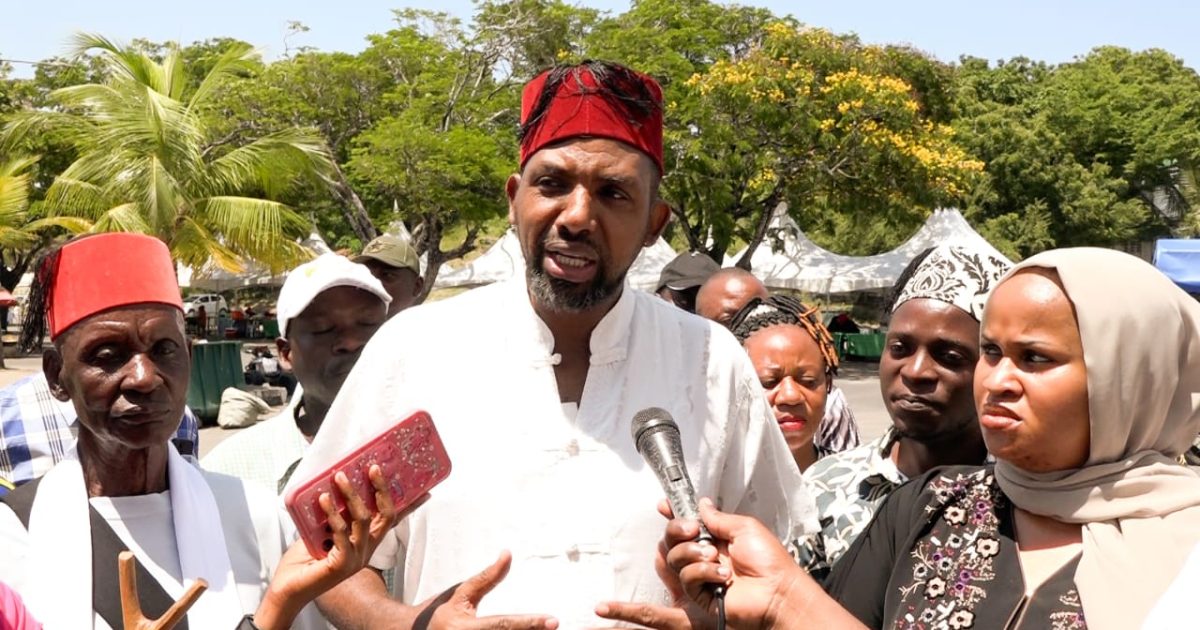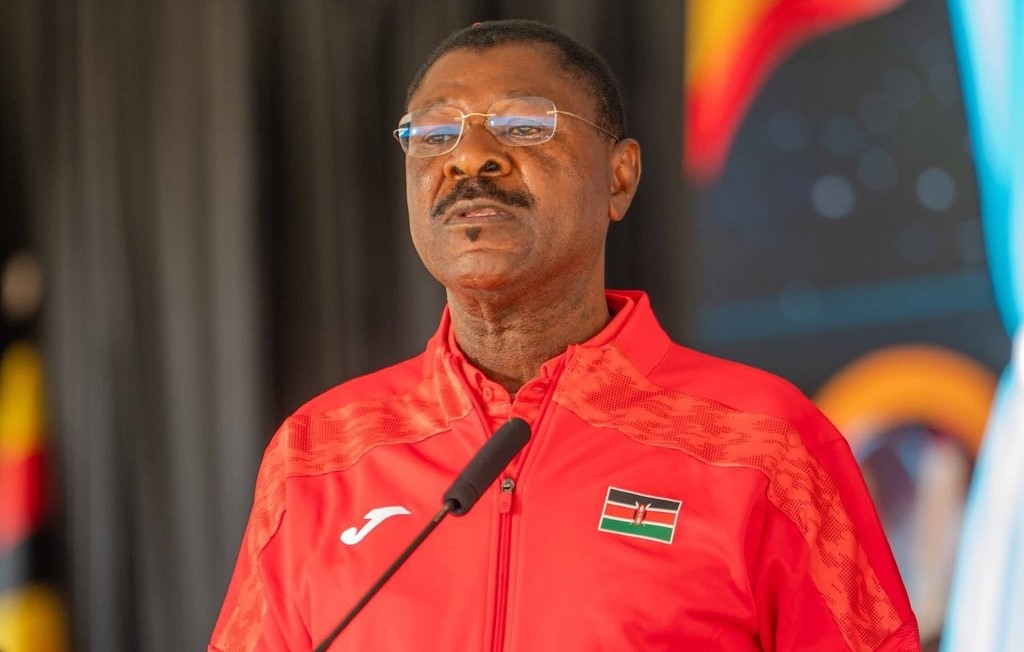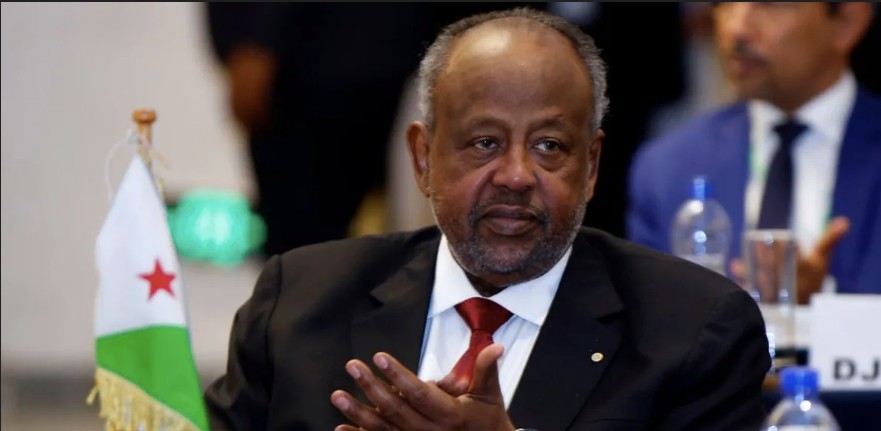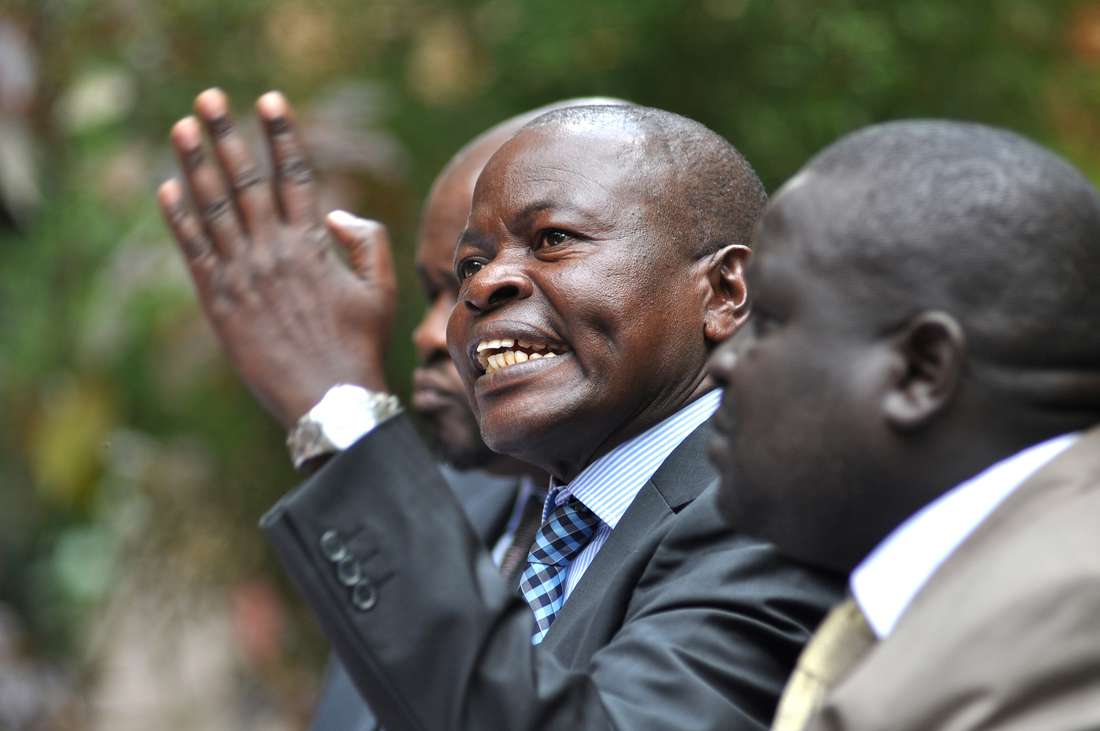Turkana County, Amref launch final phase of HIV, TB and reproductive care project
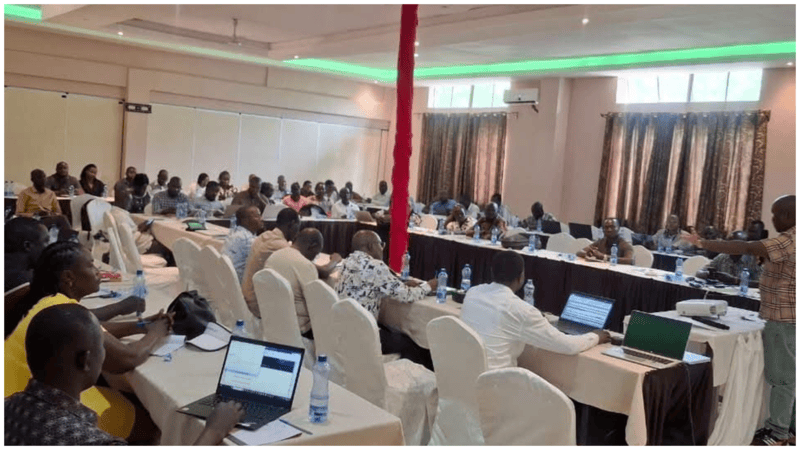
Beyond HIV care, the project will strengthen antenatal services, safe deliveries, immunisation, emergency response, and the rollout of digital health platforms such as Taifa Care.
The Turkana County Government, in partnership with Amref Health Africa, has officially launched the final phase of the Imarisha Jamii project, dubbed the Bridge Plan, aimed at strengthening HIV and AIDS prevention, tuberculosis care, and reproductive health services across the region.
Funded by the US Department of State, the six-month initiative will run from October 2025 to March 2026 and comes as a timely intervention following the conclusion of donor support for several key health programmes in September.
More To Read
- How Trump–Ruto health deal fills the void left after USAID exit
- UNICEF, Save the Children hail Turkana’s progress in tackling malnutrition
- Kenya, UK celebrate success of Sh3.6 billion REINVENT security programme after seven years
- Kenya, US sign Sh208 billion health cooperation deal to transform to strengthen primary care, services
- W20 pushes G20 to advance women’s economic empowerment, care work, health, climate justice
- MPs demand SHA clears Sh10 billion in pending NHIF bills within three months
At the official rollout held on October 1, 2025, senior health officials from all 11 sub-counties, the County Health Management Team, and partner organisations, including the Diocese of Lodwar, Reformed Church of East Africa (RCEA), Africa Inland Church (AIC) Health Ministries, and Turkana Pastoralists Development Organisation (TUPADO), convened to map out the implementation plan.
Speaking during the event, Dr Ekiru Kidalio, Director of Medical Services, hailed the Bridge Plan as a continuation of years of progress.
“Today marks a turning point as we co-create the next phase of Imarisha Jamii. The focus now is on sustainability, with the Ministry of Health taking the lead in implementation,” he said.
Following the cessation of external funding for Voluntary Medical Male Circumcision (VMMC), key populations, and family planning, the county plans to integrate these services into its routine healthcare system.
According to Dr Kidalio, VMMC services will continue with financial support from the Social Health Authority (SHA).
Dr Jacob Khaoya, Deputy Chief of Party at Amref Health Africa – Turkana, outlined the project’s priorities. “We will support HIV testing for adults and children, ensure treatment access for people living with HIV, prevent mother-to-child transmission, and manage TB among HIV-positive individuals.”
He added that orphans and vulnerable children (OVC) living with HIV will receive specialised care under the project. Survivors of gender-based violence will also benefit from comprehensive post-assault medical services, including counselling, HIV testing, and post-exposure prophylaxis.
Beyond HIV care, the project will strengthen antenatal services, safe deliveries, immunisation, emergency response, and the rollout of digital health platforms such as Taifa Care.
Dr Khaoya also reaffirmed Amref’s support for SHA registration drives to expand access to health insurance.
A key shift in the Bridge Plan is its new implementation model, which includes placing the County Government at the centre of health planning and resource allocation.
“This approach ensures every sub-county’s voice is heard and their unique needs addressed,” Dr Kidalio said.
He emphasised the importance of tailored support for areas such as Turkana Central, Turkana East, and Kibish, where geographical and logistical challenges vary widely.
As the Bridge Plan gets underway, both county and Amref officials expressed optimism that the region is on course to build a resilient, inclusive, and sustainable health system.
Top Stories Today





